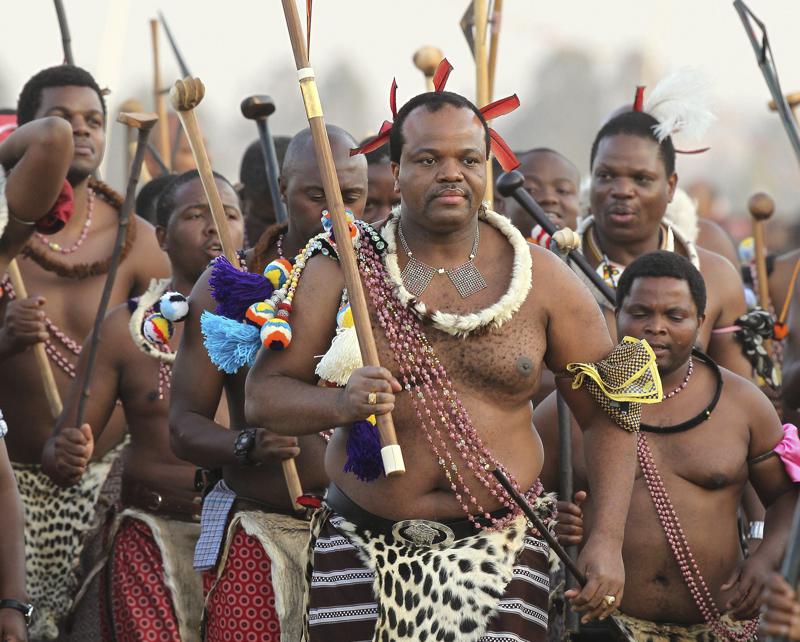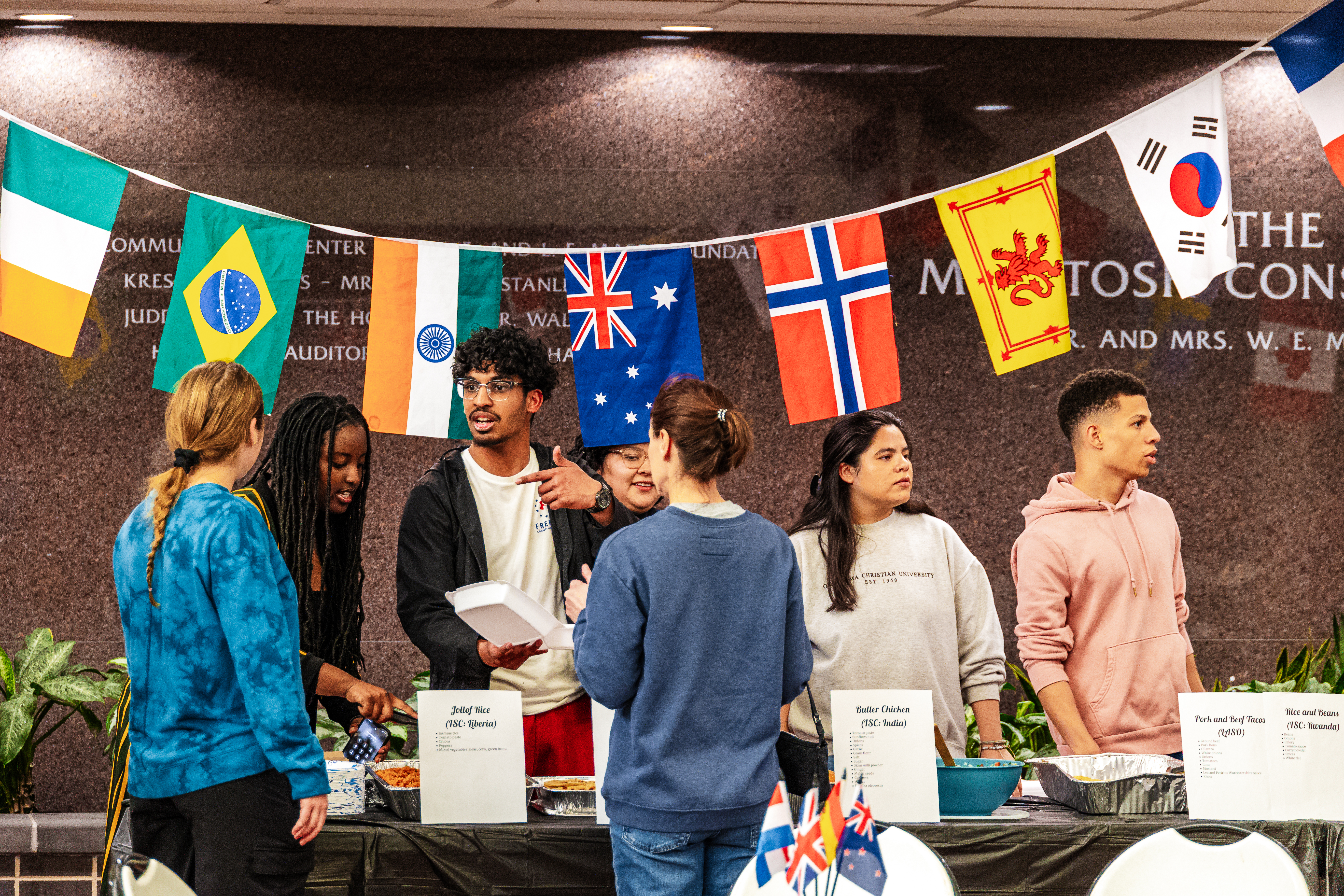Since May 2021, anti-monarchy rioters in eSwatini, a kingdom in Southern Africa, have been protesting the governance of King Mswati III, the absolute monarch of the kingdom. The protests began after police killed a law student, Thabani Nkomonye, for reasons unknown to the public. The riots also are protesting the king’s lavish lifestyle considering the high rates of poverty.
The first official protest was held peacefully on June 20, 2021 when the people of eSwatini gathered to speak out against the king. Within two weeks, however, the peaceful protests turned violent. Protesters looted and burned property associated with King Mswati, including businesses and factories he held shares in and government property and vehicles.
As the unrest continued, King Mswati called in police and military to curb the violence. Instead, the two sides collided, which resulted in violence. No recent statistics are available, because a tense quiet has settled over the kingdom. However, after the first wave of violence in late June and early July, over 150 people had been injured and at least 27 killed. The government also engaged in other silencing behaviors, such as partially shutting down the internet and implementing a curfew.
This is not the first time an uprising like this has occurred in eSwatini. In 2011, pro-democracy protesters joined together against the government, but the military quickly quelled this rebellion, using teargas and water cannons.
Both then and now, the unrest has caused a sharp political divide. King Mswati described the protesters’ actions as “satanic;” the anti-monarchy Swaziland Union of Students referred to the protestors as “unarmed citizens who are genuinely calling for political change.” When the United Nations took notice of the situation, they reacted strongly in favor of the protestors, commending them for their anti-monarch ideals and condemning the government’s reaction as a “disproportionate and unnecessary use of force.”
Riots have not occurred since mid-July , although the tensions in eSwatini are not yet resolved. Members of parliament and even the military have sided in favor of the protesters, and remain quietly hostile towards one another.
Kylie Pitman, an international student and a freshman at Oklahoma Christian University, commented on the lack of awareness of the riots in eSwatini.
“I feel like for most people [the situation] wouldn’t be important. But for me it is important because that is like a part of my home,” Pitman said. “When you try to tell other people, then they say they care, but they do not really because it has nothing to do with them.”
Pitman said that although eSwatini may be small, its political situation is still relevant. Some students at Oklahoma Christian University, like Pitman, grew up in Africa and have a personal investment in it. But it is not just our international students to whom this is relevant. The rioting in eSwatini, though far away, affects us all.
“I think [the situation] is important because we can always learn from it,” Pitman said. “Just because it happens to some random place that nobody knows how to locate on a map does not mean it cannot happen to us as well.”













Be First to Comment